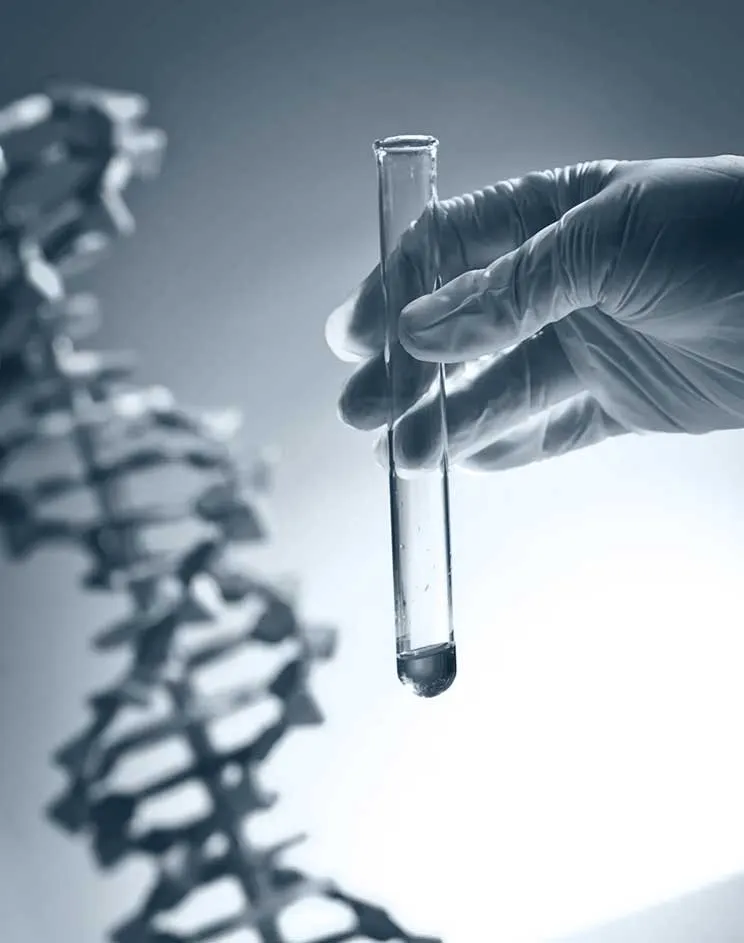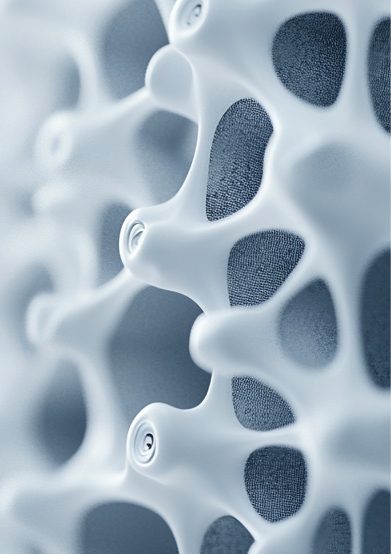Discover Your True Age with GrimAge
HealthScreen is proud to offer exclusive access to GrimAge in Australia, the world’s leading biological age testing technology. Unlike your chronological age, your biological age reveals how your body is ageing on a cellular level. Using advanced epigenetic testing, GrimAge analyses DNA methylation markers to provide a detailed picture of your health, ageing rate, and long-term disease risk.
At HealthScreen our medical experts combine these insights with comprehensive health assessments to help you detect risks early, optimise longevity, and live not just longer, but better.
Take the first step towards a healthier future, schedule a consult today.

What is Biological Age Testing and How Does it Work?
Biological age testing provides a deeper understanding of how your body is ageing on a cellular level. While chronological age counts the years you’ve lived, biological age reflects the health and function of your cells, tissues, and organs—influenced by your genetics, lifestyle, diet, and exercise.
By analysing DNA methylation patterns through advanced epigenetic testing, we can estimate how fast or slow your body is truly ageing, giving a more accurate measure of health and risk for age-related disease than your chronological age.
Through our exclusive partnership with GrimAge, we bring this cutting-edge technology to Australia, giving our clients access to the most advanced and scientifically validated method for measuring how their body is truly ageing on a cellular level.
Developed by the Horvath Lab at UCLA, GrimAge is the gold standard in biological age testing, analysing DNA methylation markers (chemical changes to your DNA that occur over time) due to ageing and lifestyle factors. Extensive research shows GrimAge consistently outperforms all other epigenetic clocks in predicting age-related disease, mortality, and overall healthspan.
GrimAge incorporates eight methylation-based protein markers linked to ageing and inflammation, including:
- Plasminogen activation inhibitor 1 (PAI-1)
- Cystatin C
- Leptin
- Tissue inhibitor metalloproteinases 1 (TIMP1)
- Adrenomedullin (ADM)
- Beta-2-microglobulin (B2M)
- Growth differentiation factor 15 (GDF15)
It also accounts for self-reported smoking history to improve accuracy.
The Benefits
The Potential Benefits of Biological Age Testing
Understanding healthspan vs. lifespan
Gain a clearer perspective on how long you can expect to live in good health.
Personalised health insights
Discover actionable data to guide lifestyle optimisation for longevity and aging well.
Tracking progress in longevity programs
Monitor the effectiveness of your anti-aging strategies and make adjustments as needed.
Improved decision-making
Use insights from the epigenetic age test to fine-tune your nutrition, exercise, and stress management routines.
HEALTH ASSESSMENTS & LONGEVITY MEMBERSHIPS
At HealthScreen’s Longevity Clinic, we are committed to leveraging the latest advancements in medical science and research to help you not only extend your lifespan but also enjoy a healthier and more fulfilling life.
HOW IT WORKS
Our Process

STEP 1
Consultation Services
Begin with a discussion about your health goals and concerns.

STEP 2
Sample Collection
A quick, non-invasive collection process takes place at our longevity testing Melbourne and Sydney facility.

STEP 3
Lab Analysis
Your sample is analysed using the latest epigenetic age test techniques to assess your aging biomarkers.

STEP 4
Results & Review
We provide a detailed breakdown of your biological age, along with tailored recommendations for improving your healthspan.
GrimAge was developed using large population-based biobanks and validated across multiple independent studies and tissue types. Its predictive power has been documented in leading scientific journals:
- Lu AT, et al. Aging (Albany NY). 2019.
- McCrory C, et al. The Journals of Gerontology: Series A, 2021.
Still Have Questions? We’ve Got Answers.
What is the difference between biological and chronological age?
Biological age measures the health of your cells and how quickly your body is aging, while chronological age is the actual number of years you’ve lived.
How accurate is epigenetic age testing?
Our DNA methylation testing is among the most reliable methods for assessing aging biomarkers and provides actionable insights.
How often should I have my biological age tested?
It’s recommended to undergo testing annually or as part of a longevity program to track progress and make adjustments.
Is the test invasive?
No, the process is simple and non-invasive, typically requiring only a saliva or blood sample.


